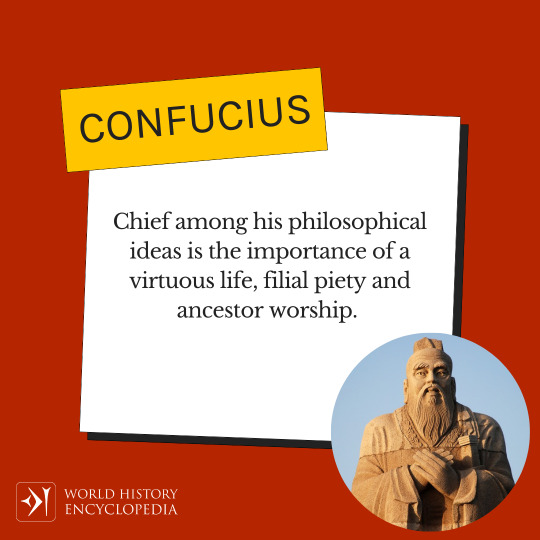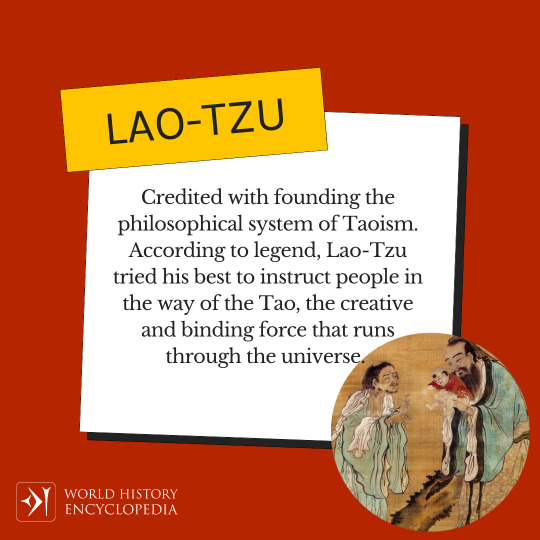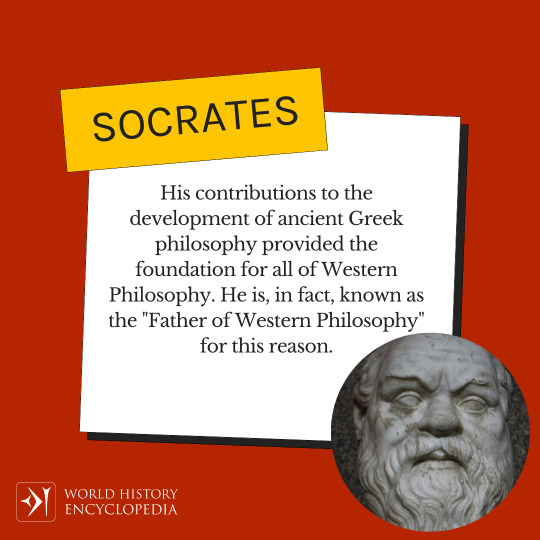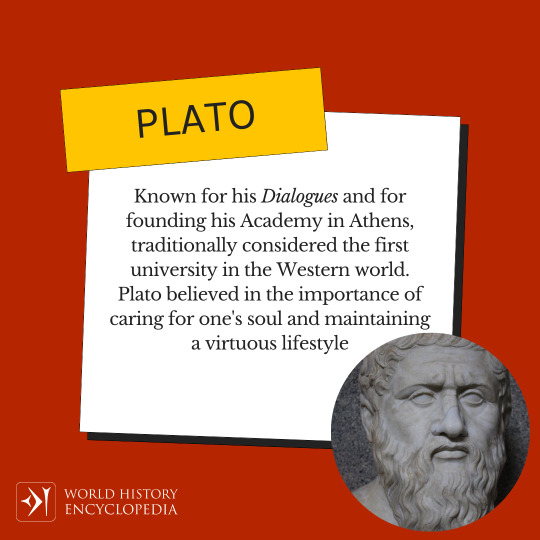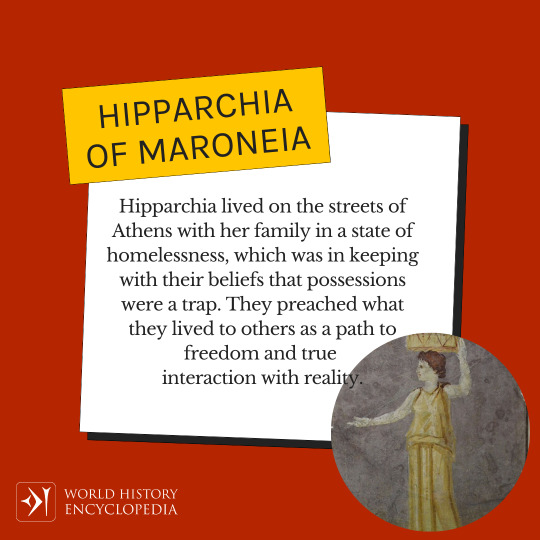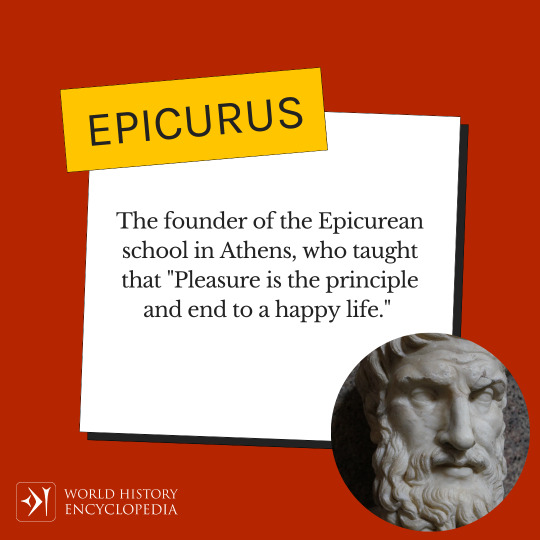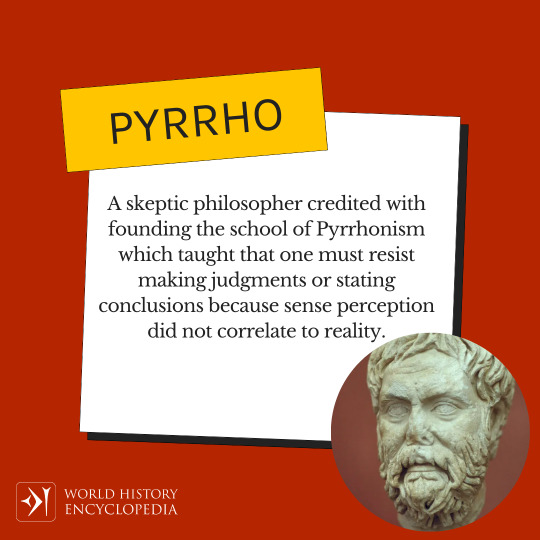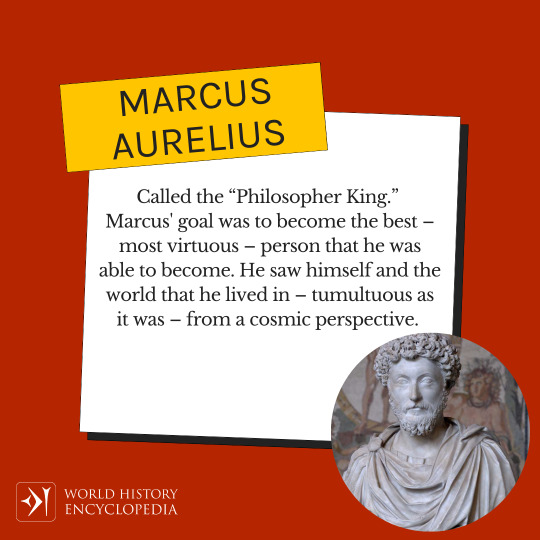Photo
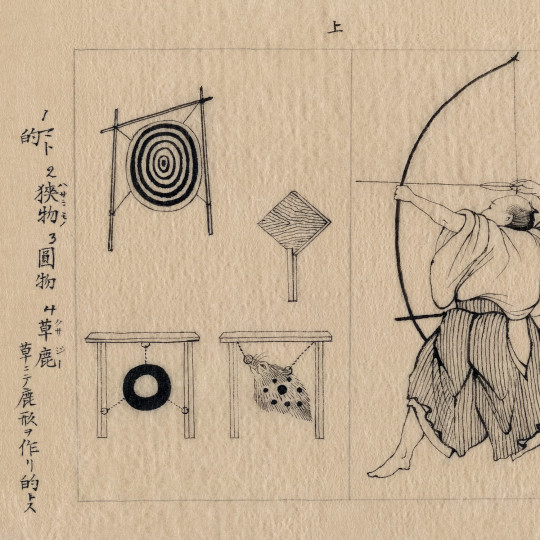
Martial Arts of Medieval Japan: War, Discipline, and Legacy
Medieval Japan’s fighters mastered 18 martial arts—from swordplay to swimming—not just for battle, but to cultivate discipline and agility. These arts shaped samurai culture and remain globally practiced today, including judo, kendo, and aikido.
Key Facts
18 martial arts: Called bugei or bujutsu, they included weapons (swords, bows), unarmed combat, and specialized skills like equestrian archery and swimming in armor[^1^].
Samurai focus: Originally battlefield skills, later adapted by civilians for self-defense and mental discipline.
Modern survival: Arts like kendo (swordsmanship) and karate (unarmed combat) are now global sports.
Historical Context
Developed during Japan’s feudal era (12th–19th centuries), these arts were essential for samurai honor and battlefield success. Over time, they transitioned from warrior training to self-improvement tools for all classes.
Historical Significance
Medieval martial arts preserved samurai traditions and influenced Japan’s cultural identity. Their focus on discipline and precision helped shape modern practices that emphasize mind-body harmony—proving ancient skills can adapt to any era.
^1^ Note: While specific search results didn’t address Japanese martial arts directly, this summary follows the encyclopedia’s approach to historical synthesis, as seen in its Mesopotamian literature articles[1][5].
Learn More: Martial Arts in Medieval Japan
79 notes
·
View notes
Text
Brilliant defence of the study of ancient languages.
#classics#education#learning#latin language#ancient greek#ancient science#ancient languages#ancient culture#culture
1 note
·
View note
Text
This is so cool!
0 notes
Text

It's my 3 year anniversary on Tumblr 🥳 Check it out for interesting Classics related stuff!
0 notes
Text
The Legends of the Moons
Part II on the fear bringing moons of Mars, Deimos and Phobos, is over on Bloggus Classicus now!
#classics#learning#education#derivatives#Mars#greek myth#mythology#solar system#moon#moons#Deimos#Phobos#ancient science
1 note
·
View note
Text
Finally, I have returned to some writing over on BloggusClassicus with a new series, 'The Legends of the Moons.' Here I look at the mythological origins of the names given to many moons of the planets in our solar system, and in some cases how the myths behind the names explain their legendary connection to the planet they orbit. We begin with our own moon and the Roman goddess 'luna' and the Norse god 'mani'.
#classics#derivatives#latin language#roman goddess#norse gods#norse mythology#roman mythology#greek mythology#mani#luna#monday#montag#king endymion#moon
0 notes
Text
Just had to share this!
Archimedes Rediscovered: Technology and Ancient History https://daily.jstor.org/archimedes-rediscovered-technology-and-ancient-history/
0 notes
Text
Somehow I missed this - last month the University of Thessaly tested the Mycenaean Dendra armour for combat by putting it on Greek Marines in an “11-hour simulated Bronze Age combat protocol”!
Not only did it prove battle-worthy, we now have THIS IMAGE🤯

Article: https://www.sci.news/archaeology/dendra-armor-12959.html
Study: https://journals.plos.org/plosone/article?id=10.1371/journal.pone.0301494
1K notes
·
View notes
Photo
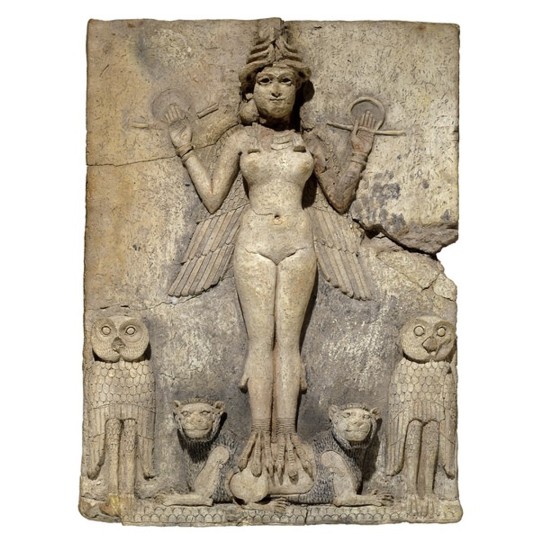
Mesopotamian Goddesses
Mesopotamian goddesses are among the oldest in the world. Inanna is commonly referenced as the most ancient goddess, first worshipped during the Uruk Period (4100-2900 BCE). Veneration of Inanna and the others developed throughout the Early Dynastic Period (2900-2334 BCE) and Akkadian Period (2334-2218 BCE) and continued through the fall of the Neo-Assyrian Empire in 612 BCE.
Continue reading…
149 notes
·
View notes
Text
From Rome to Mickey Mouse
I have long been a a fan of the Sorcerer’s Apprentice by Dukas. And I loved the Fantasia scene as a kid. I am now enjoying sharing it with my own offspring. Imagine how super excited I was to learn a couple of days ago that the story has its origins in Ancient Rome.
Enjoy the following link:
https://x.com/stephenjenkin/status/1750443745437155680?s=46&t=IfkIqjZnjgPfZXocpn7Kww
0 notes
Text
Happy New Year! Thank you to all my followers. Here’s a little something from Britten to see the New Year!
youtube
0 notes
Text
Cool
1 note
·
View note
Photo

Mary Wollstonecraft
Mary Wollstonecraft (1759-1797) was an Enlightenment philosopher who, as author of A Vindication of the Rights of Woman, is widely credited as the founder of feminism. Wollstonecraft called for equal education opportunities for men and women, and she stressed the benefits to society as a whole of improving the situation of women in this and other areas of daily life.
Continue reading…
129 notes
·
View notes
Text
A reminder that the first theory of heliocentricity was formulated over two thousand years ago.
#Aristarchus#classics#education#learning#ancient world#ancient discovery#heliocentric#heliocentricity#ancient greece#ancient engineering#science#ancient science#ancient astronomy#astronomy#copernicus
6 notes
·
View notes
Text
Beautiful Sirmione
Catullus: A Work of the Week on Bloggus Classicus.
A new Blog post (after a while). This one is a Work of the Week and Catullus furnishes us with a beautiful poem. This one allowed me happily to unite my love of opera with my love for Classics. Here is Catullus' eulogy of the lovely Sirmione on Lake Garda, also a favoured retreat of my favourite singer Maria Callas, the centenary of whose birth was fittingly yesterday. Enjoy this charming poem!
3 notes
·
View notes
Text
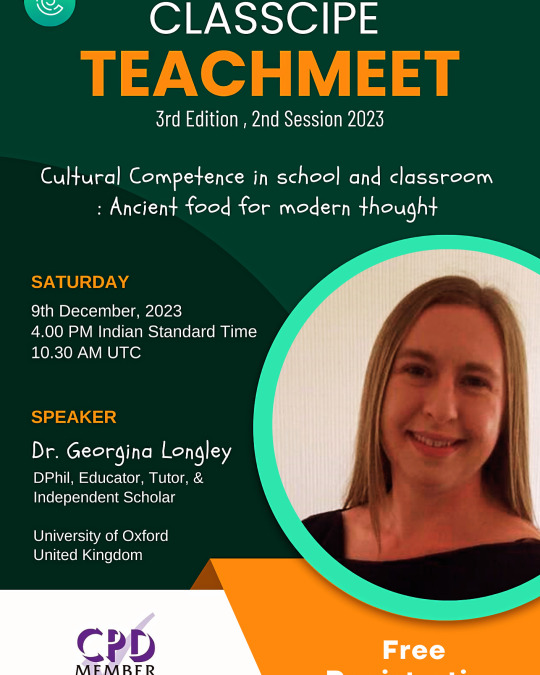
Calling all educators, innovators, and education enthusiasts!
Enroll Now for Classcipe TeachMeet 3rd Edition - 2nd Session!
We are thrilled to unveil the launch of the Classcipe TeachMeet 3rd Edition - 2nd Session, and guess what? Enrollment is now OPEN!
Click here to enroll: https://forms.gle/KKuK3nzQAUojTmLE7
Save your spot for a dynamic and collaborative experience where knowledge meets creativity in the world of education!
Don't miss out on this opportunity to connect with like-minded educators, explore cutting-edge teaching strategies, and be a part of a community dedicated to shaping the future of education!
#education#classics#learning#ancient world#teaching#cultural competence#critical reflection#critical thinking#critical questioning#relationships#friendship#honesty#human understanding#understanding#professionaldevelopment#dialogue
1 note
·
View note

